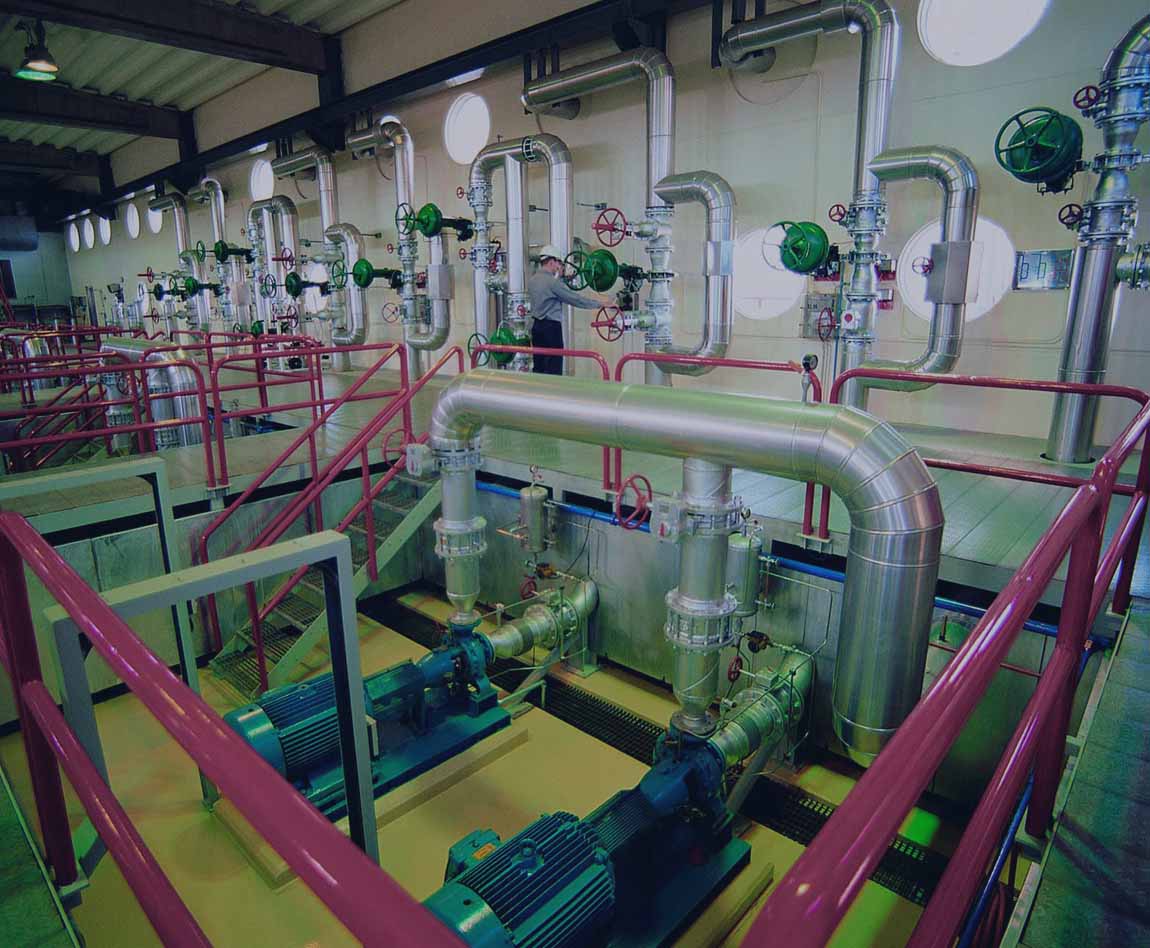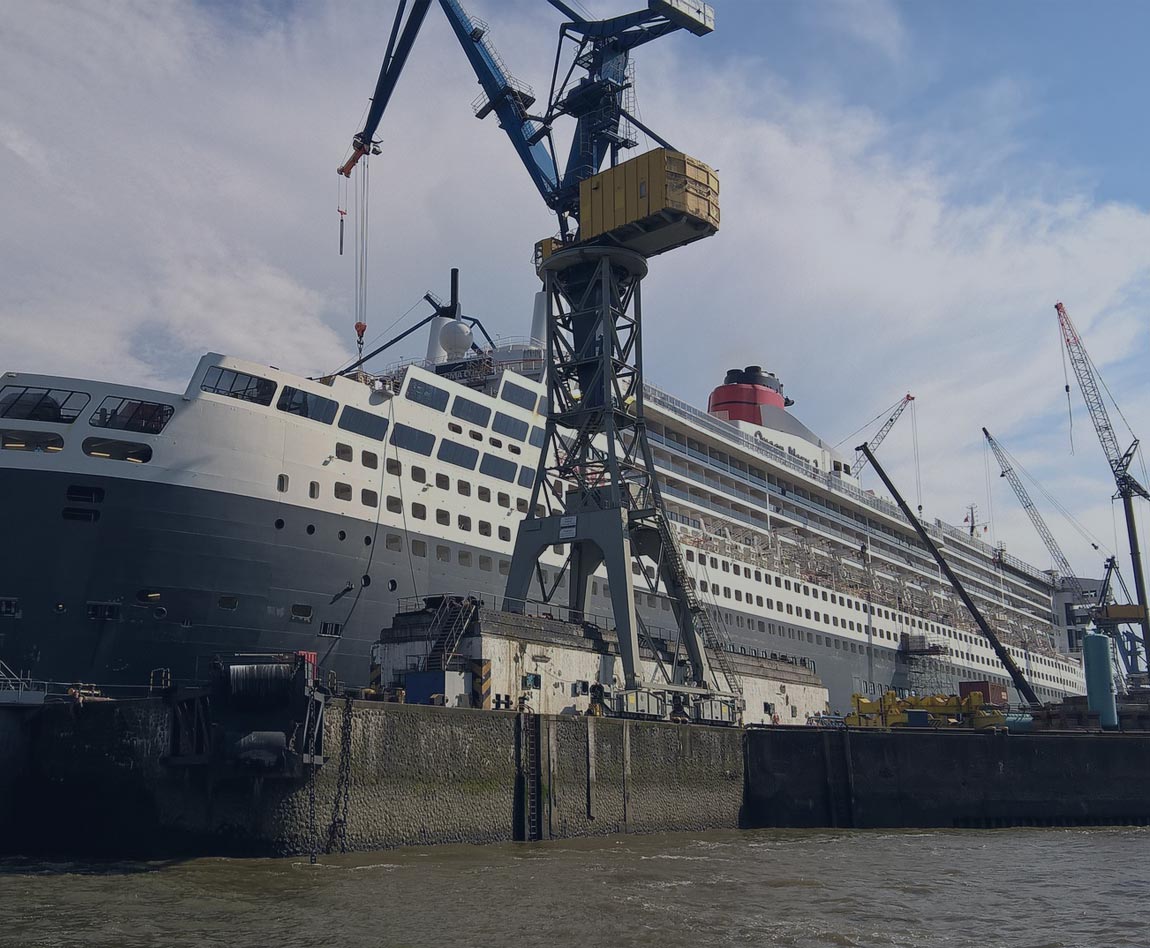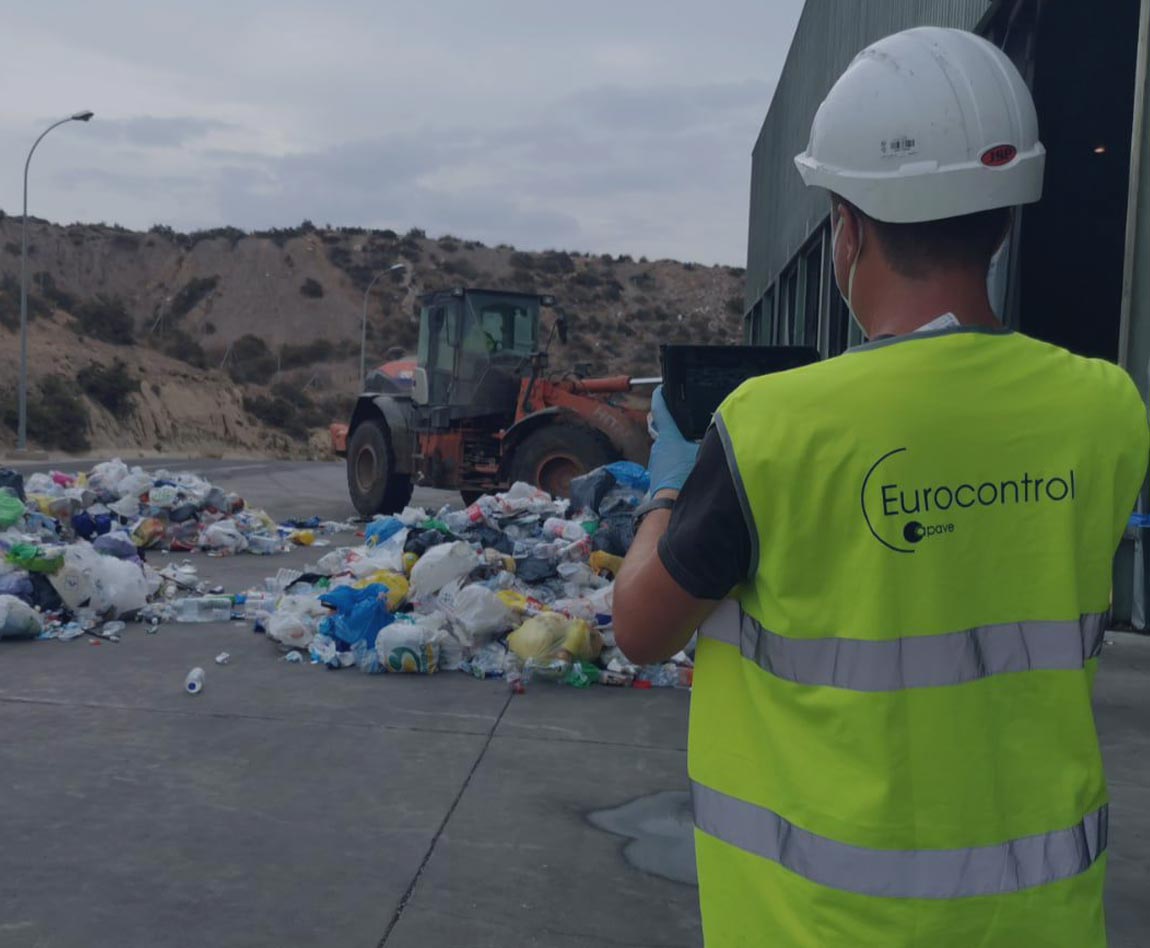We support you
in the implementation of your CSRD project
The CSRD will require companies to publish an annual sustainability report as tangible evidence of their actions to promote sustainable transitions. The Directive entered into force on 1 January 2024 and will gradually replace the current Non-Financial Statement (NFS) for listed companies.
Which companies are affected
by the CSRD Directive?
In addition to large companies with more than 500 employees subject to NFRD (Law 11/2018), which were obliged to publish sustainability reports from 2018, the CSRD incorporates the following types of company:
- Large EU companies with more than 250 employees, more than 40 million euros in turnover or more than 20 million euros in assets.
- Companies listed on regulated markets, including SMEs (with certain temporary exemptions).
- Non-EU companies with significant subsidiaries or branches within European territory (more than 150 million euros in turnover in the EU).
What time limits does the CSDR envisage?


Companies, according to their size, revenue and number of employees, will submit sustainability reports according to the following schedule established by the CSRD Directive and amended by the EU Omnibus Package:
CSRD TIMELINE
(According to the fiscal year)
- 2024
2024
Large companies with more than 500 employees
Subject to NFRD (Law 11/2018)
- 2025
2025
Large companies that meet two of the criteria:
+ 250 employees
+ €50 million in turnover
+ €25 million in assets.
- 2026
2026
SMEs Listed
Except micro-SMEs
- 2028
2028
Companies from third countries:
Activities in the EU
+ €50 million in revenue
With subsidiaries or headquarters in Spain
- 2024
2024
Large companies with more than 500 employees
Subject to NFRD (Law 11/2018)
- 2025
2025
Large companies that meet two of the criteria:
+ 250 employees
+ €50 million in turnover
+ €25 million in assets.
- 2026
2026
SMEs Listed
Except micro-SMEs
- 2028
2028
Companies from third countries:
Activities in the EU
+ €50 million in revenue
With subsidiaries or headquarters in Spain
- 2024
2024
Large companies with more than 500 employees
Subject to NFRD (Law 11/2018)
- 2025
2025
Large companies that meet two of the criteria:
+ 250 employees
+ €50 million in turnover
+ €25 million in assets.
- 2026
2026
SMEs Listed
Except micro-SMEs
- 2028
2028
Companies from third countries:
Activities in the EU
+ €50 million in revenue
With subsidiaries or headquarters in Spain
How can we help you?
At Eurocontrol we are experts in risk management and sustainability consultancy. We help you to comply with the CSRD regulatory requirements with a practical and operational approach. Whatever stage your process is at, the Eurocontrol team will be with you before, during and after the implementation of your CSRD project.
- Diagnosis and compliance assessment (GAP analysis)
- GAP analysis of current CSRD compliance level.
- Identification of gaps in financial and sustainability information.
- Assessment of double materiality to determine risks and opportunities.
- Preparation of reports and Sustainability Report.
- Data management and digitisation of the report
- Implementation of ESG data collection, analysis and management systems.
- Adaptation of reports to the required digital standards (XBRL).
- Training in technological tools for report automation.
- Training and awareness-raising
- Training of management and operational teams on CSRD requirements.
- Training and awareness programmes in ESG risk management and double materiality.
- Development of sustainable transition strategies
- Plans for reducing environmental impact and decarbonisation.
- Strategies for integrating ESG criteria into the supply chain.
- Advice on sustainable investments and green finance.
We help you comply with
the CSRD sustainability standard
The implementation and reporting of the CSR Directive has a significant impact on the value chain and business partners of the companies affected, due to the new requirements for transparency, traceability and accountability in sustainability matters.
Some of the key effects include:
- Increased demand for information from suppliers and business partners
- Companies affected by the CSRD must report on the environmental and social impact throughout their entire supply chain. This means that they will require their suppliers, distributors and other partners to provide data on:
- Carbon emissions and environmental footprint.
- Working conditions and human rights.
- Resource use and circular economy.
- Diversity, equity and inclusion in their operations.
- This may translate into new contractual conditions or the need to establish ESG monitoring and auditing systems in the supply chain.
- Risk of exclusion for suppliers that do not comply with ESG standards
- Companies that cannot demonstrate good sustainability practices could be excluded from the supply chain of large corporations that must comply with the CSRD. To mitigate this risk, suppliers will need to adapt by implementing sustainability policies aligned with the ESRS and other relevant regulations.
- Need for external certifications and verifications
- Partners and suppliers may be required to obtain recognised certifications (e.g. ISO 14001 for environmental management or carbon footprint certifications, among others). This will ensure that they meet the required standards and will facilitate reporting by the obligated companies.
Compliance with the CSRD not only affects the obligated company, but also generates a cascading effect throughout its value chain. Suppliers and partners must prepare to respond to new demands, improve their sustainability and digitise their information.
If you want to know more about the changes introduced by the new regulations, we explain it to you in this article: CSDR: what is it and how does it affect your company?
Discover our other
lines of activity
Why choose Eurocontrol?

a team of experts at your disposal

Geographical coverage nationwide

















